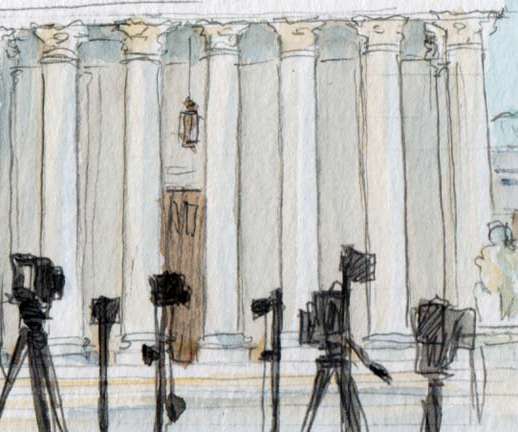Supreme Court likely to let vape company’s FDA challenge proceed
SCOTUSBlog
JANUARY 24, 2025
Reynolds Vapor Company and a group of retailers based in Texas and Mississippi, primarily fielded questions from just two justices, Justices Sonia Sotomayor and Ketanji Brown Jackson a promising sign for his clients. The question comes to the court as part of the FDAs efforts to regulate the multibillion-dollar vaping industry. (The


















Let's personalize your content